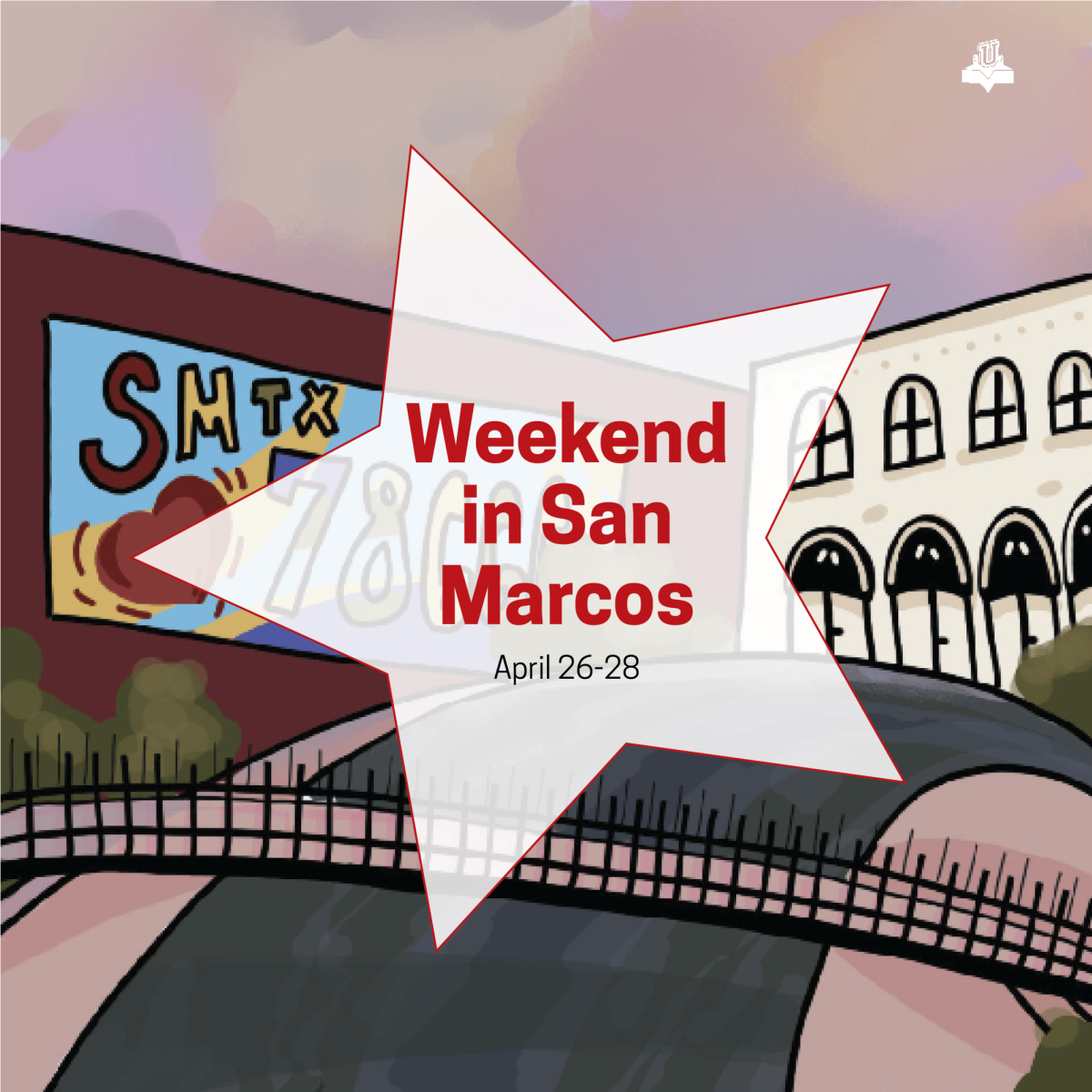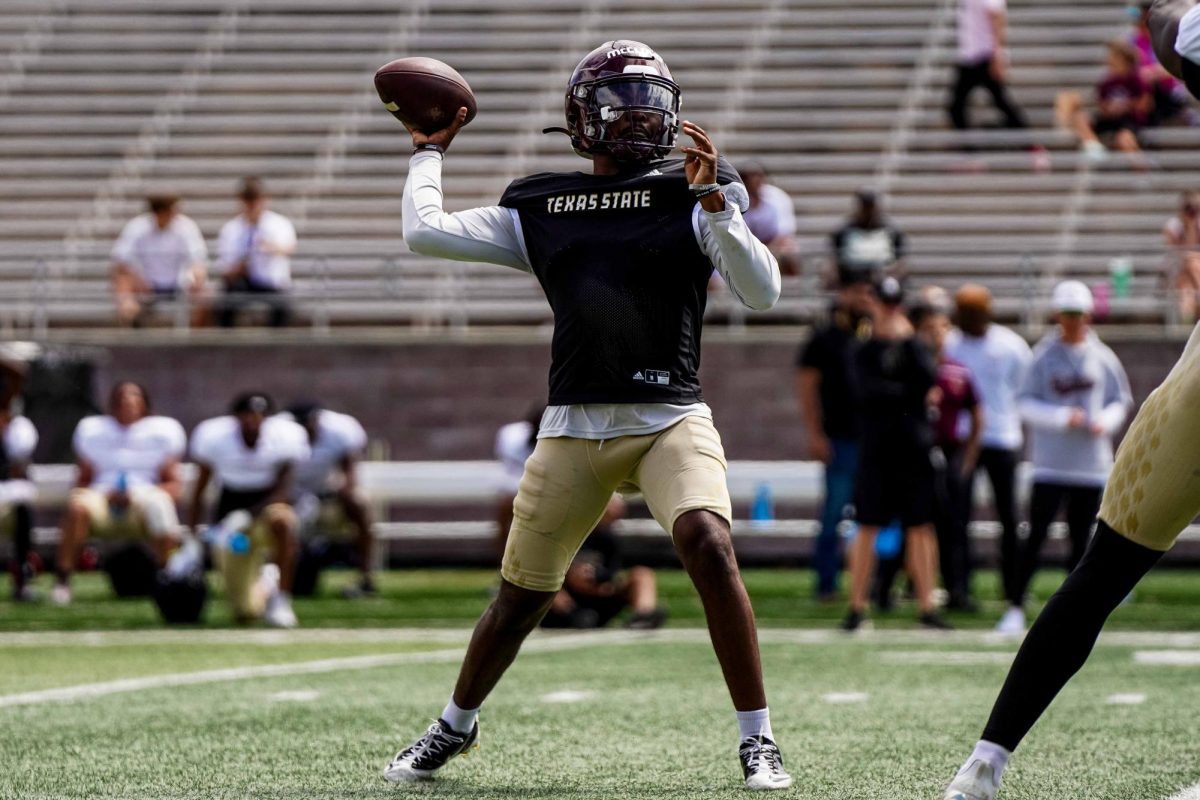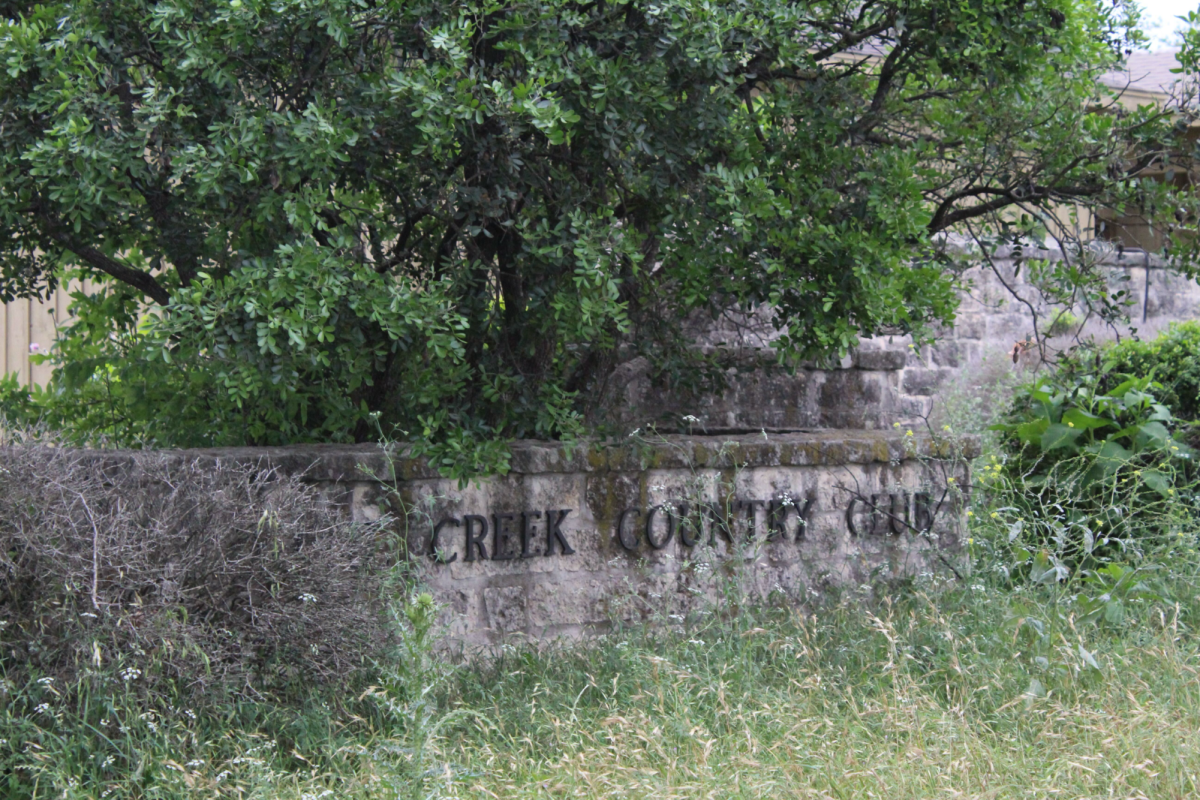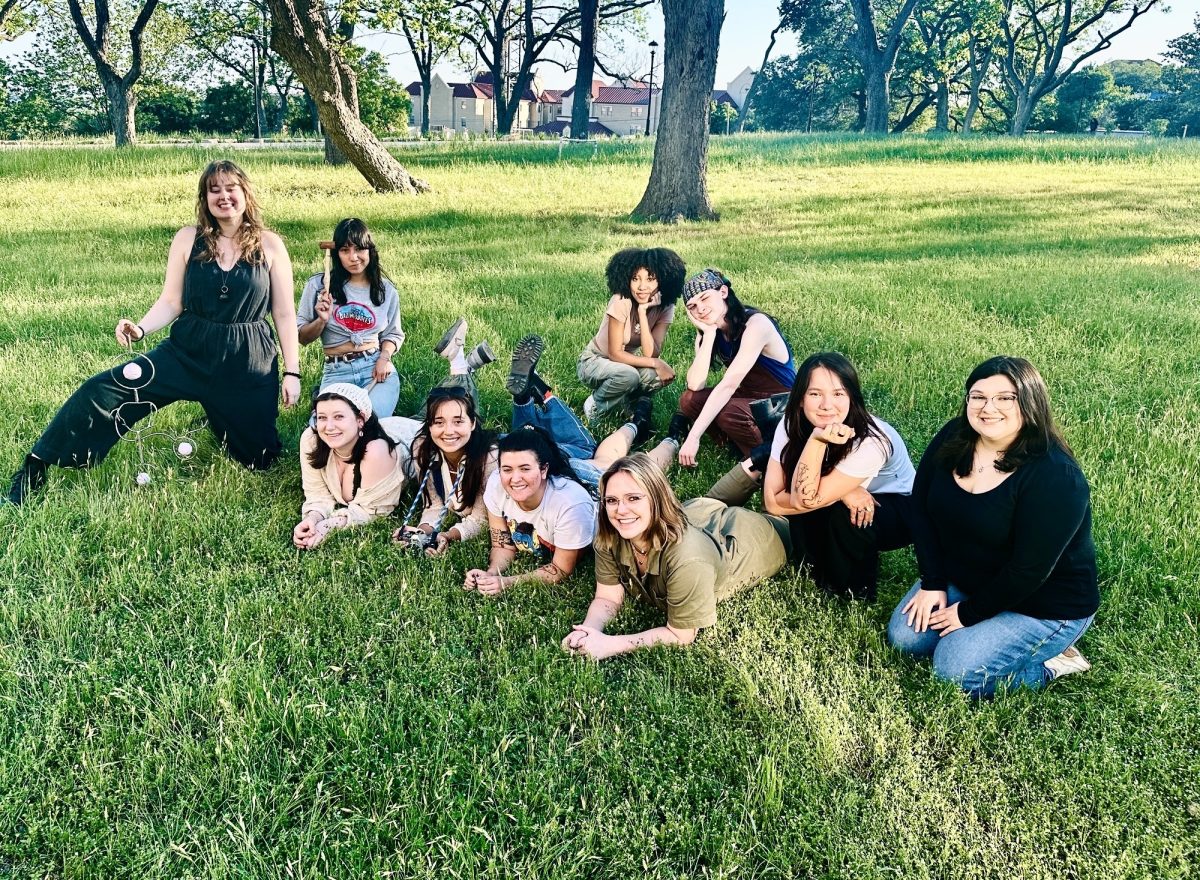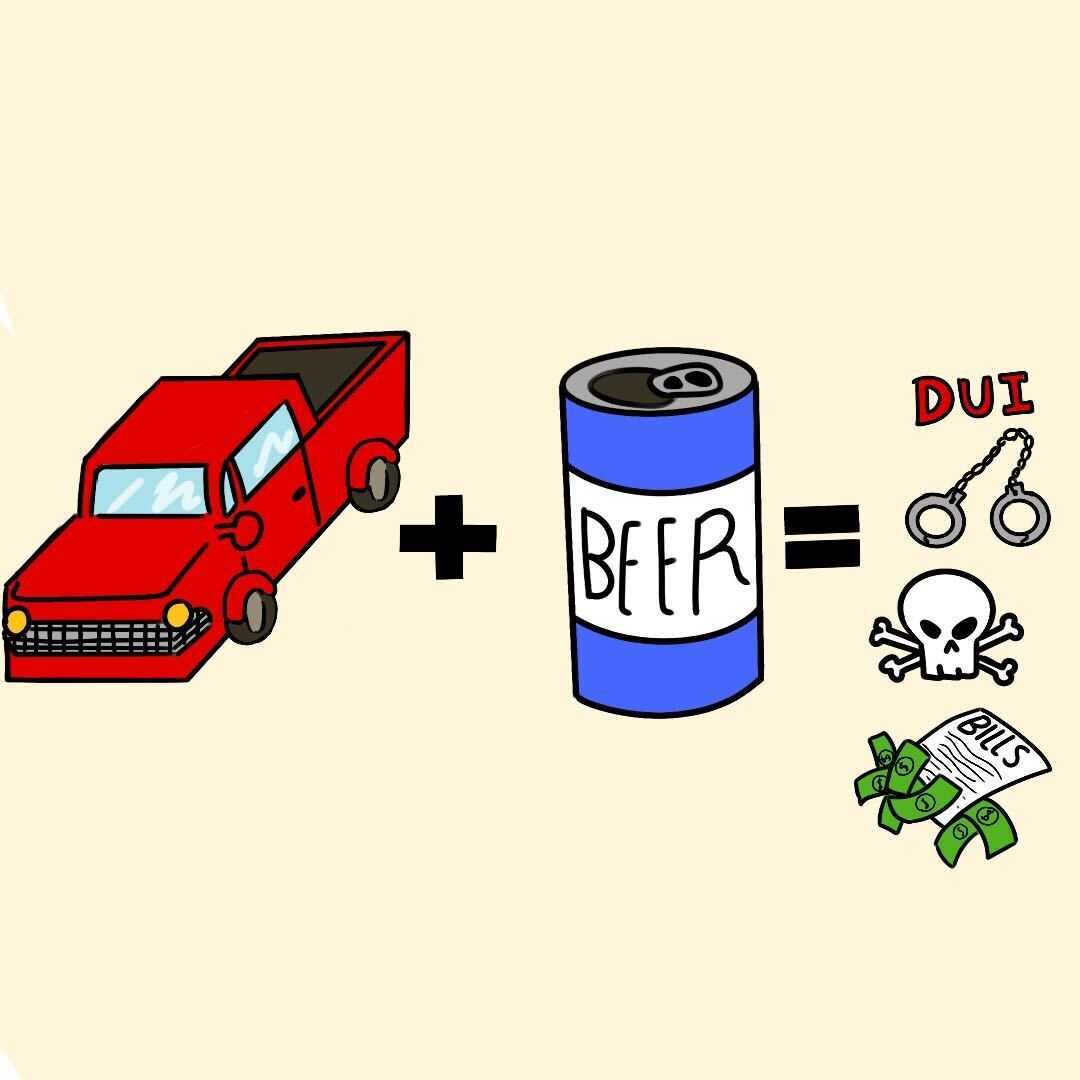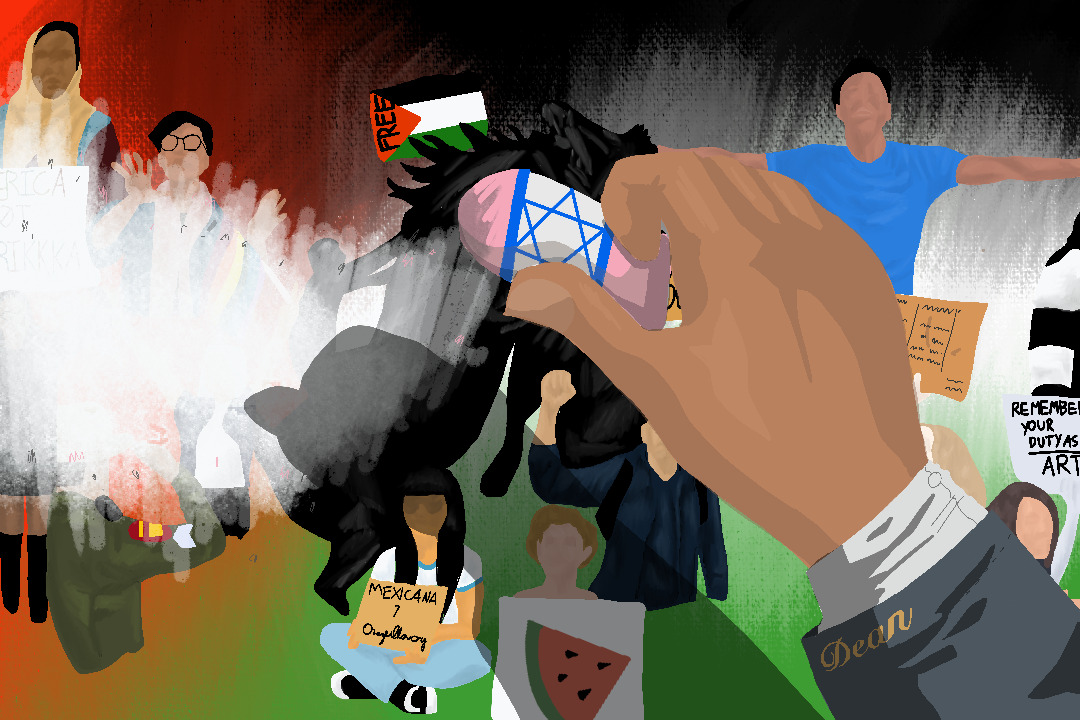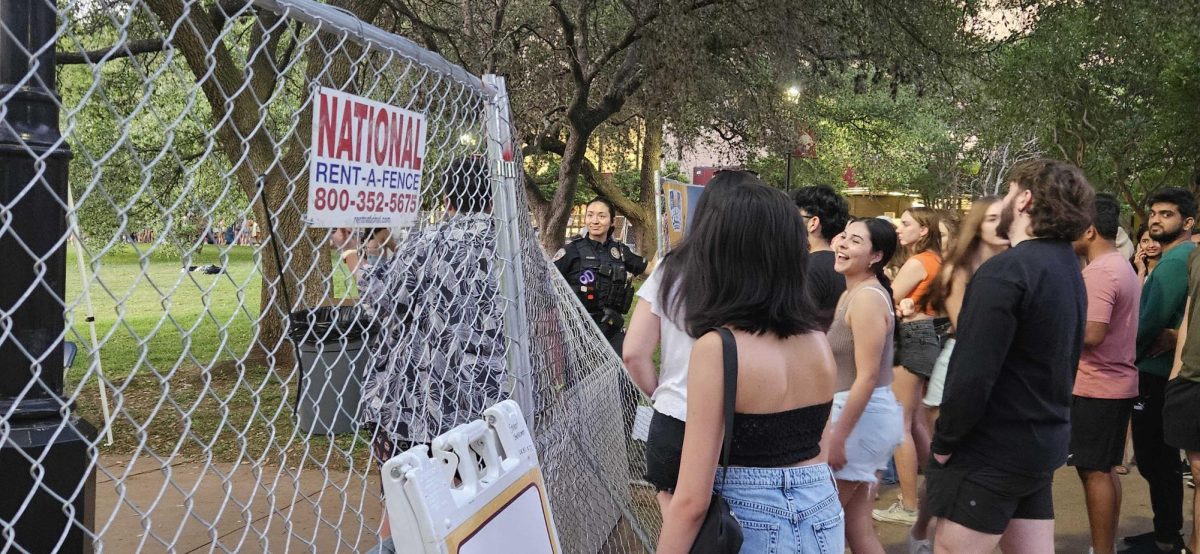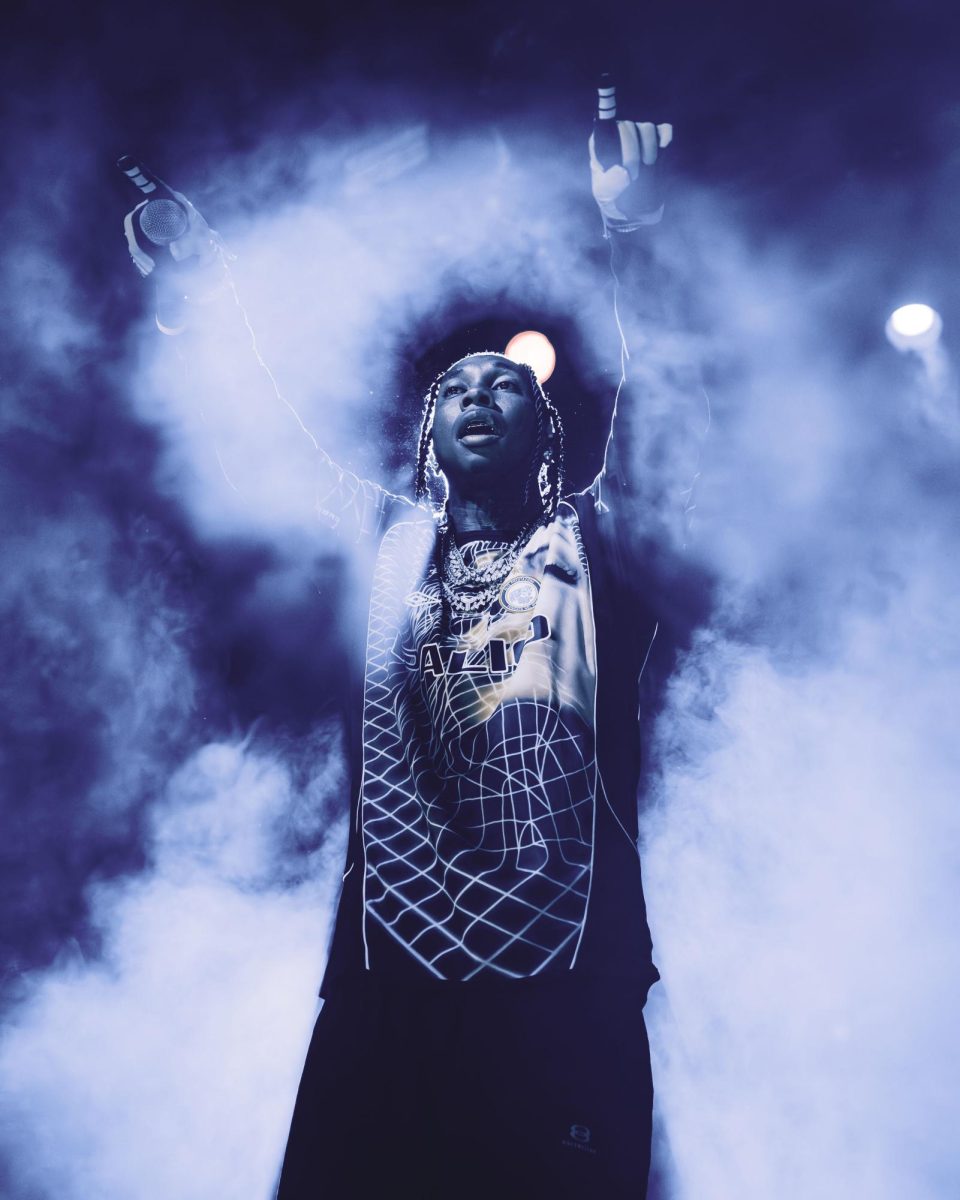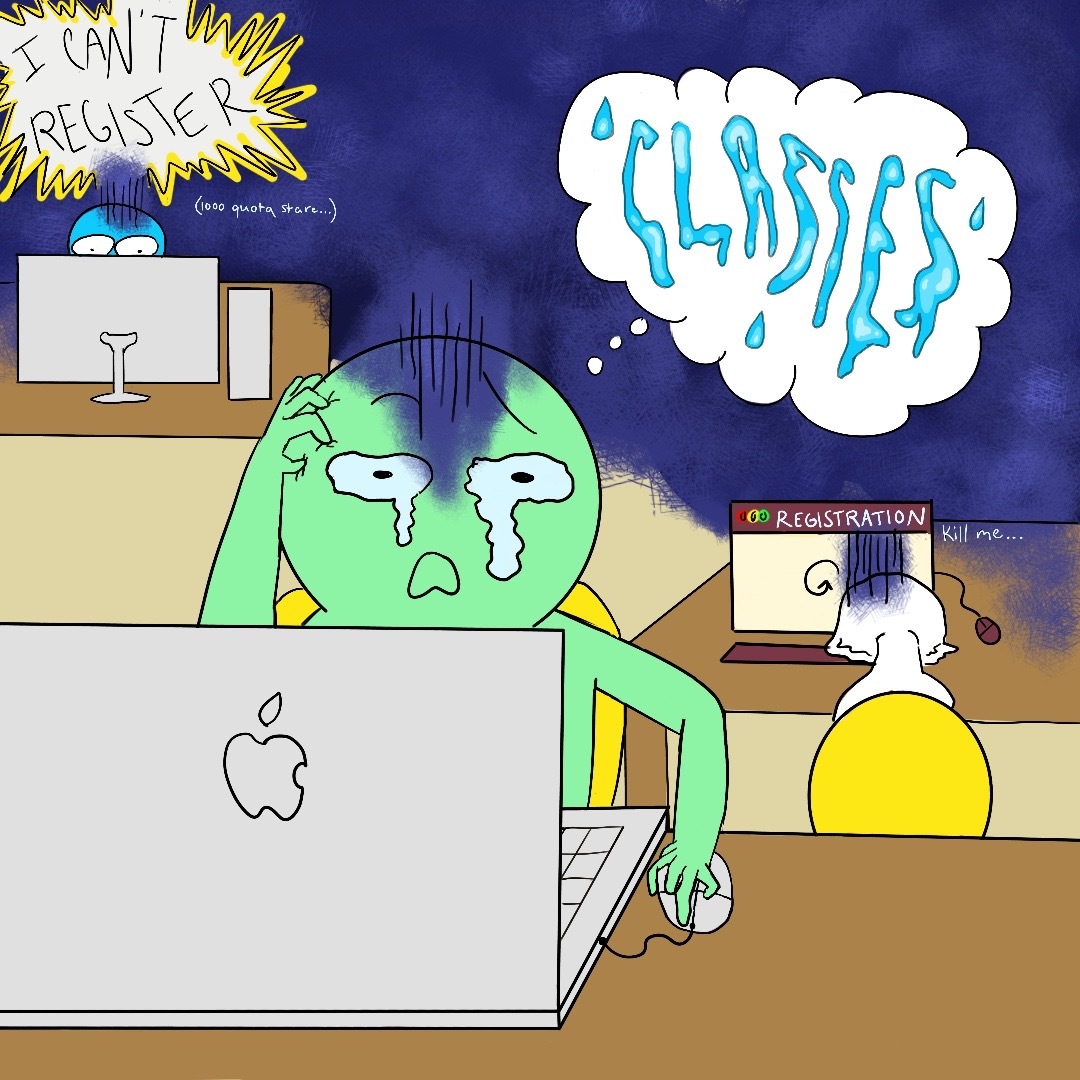Wonderful humans exist who wear a police officer’s badge, but there are no good cops. This is because, when an individual puts on the blue uniform, they become a willing member of a hierarchical, racist and coercive institution. The officer becomes an adversary of the people and a weapon for those in power to maintain private property and political dominance.
Our community is no stranger to the ongoing debate regarding the role of policing. However, this discussion is marred in Texas due to the pervasive, near-holy mythos maintained by the occupation of a militarized police.
Looking back into history, a modern, centralized policing force is actually a recent phenomenon dating back to the 1830s in the United States. In the South, the force stemmed from slave-catching patrols and in the North, from the industrialists who paid street thugs—and later Pinkertons—to patrol the worker districts and intimidate them into not unionizing. Since then, every city across the country has adopted their own police force, which has become a seemingly intrinsic part of everyone’s lives.
Last semester, students occupied the LBJ Student Center demanding action against Student Government President Connor Clegg. As conservative student senators fled to avoid the impeachment trial, their vehicles were blocked by student activists. The following month, when finals began, campus police arrested a number of students allegedly involved.
Given the timing of the arrests, it was an obvious power play to intimidate future protesters of the same caliber. There was no “good cop” who successfully stopped this from happening, not even a noble whistleblower. This is because the police, as a unit, do not exist to protect and serve but rather to intimidate the populace and prevent residents from enacting social or political change.
Texas State did not possess a formal police force until 1968. The 1966 University of Texas at Austin tower shooting was used as a scapegoat to bring more policing directly onto the campus, even though the true culprit which instigated the violence was a tumor pressing above the shooter’s amygdala, not an insufficient police force. Since then, university police have continued to have a presence on campus and have become increasingly militarized. Many dangerously believe the lie that increased police presence prevents crime and stops violent crime. It does not.
When critiques of policing are raised, immediately a chorus of “Blue Lives Matter” begins. This is despite the fact that being a police officer is a chosen job, not an inherent characteristic of one’s existence. The phrase is merely an intentional co-opting of Black Lives Matter and downplays the movement. No one is forcing someone to be an officer. No matter the morality of an individual policeman, it is impossible for them to be good in their roles due to the inherent qualities of the dehumanizing institution they serve.
Despite this doom and gloom, there are tested alternatives to policing which offer a preferable future. There is the option of choosing community militias and response teams to better protect neighborhoods, constructed from individuals who actually live there. Apps such as Cell 411 encourage community crisis response and emergency aid, placing the responsibility of protection equally on everyone. Society may focus on restorative justice rather than retributive to help build up local communities and offer hope to any individual caught in difficult situations.
Even the simple act of un-arming the police would be a monumental step in the right direction. The “radical” idea of removing violent police from our society will not come overnight, but an important first step is to recognize and dismantle the myths surrounding the occupation.
– Brent Green is a poetry and creative writing graduate student


